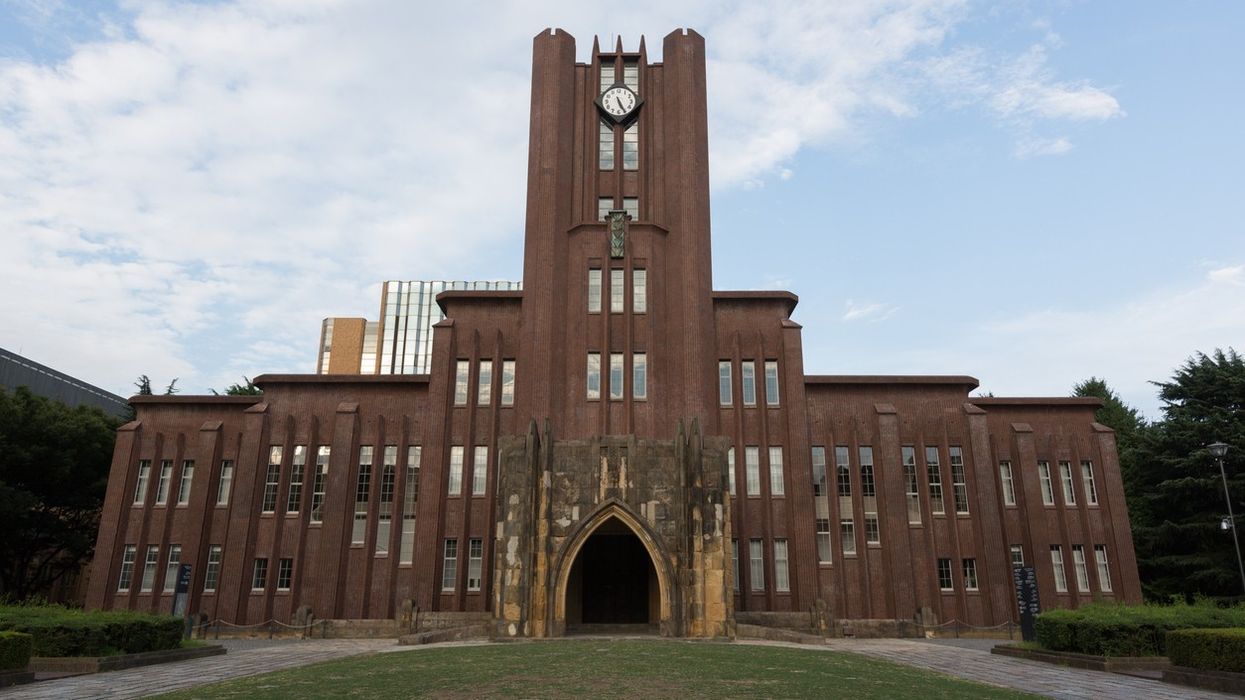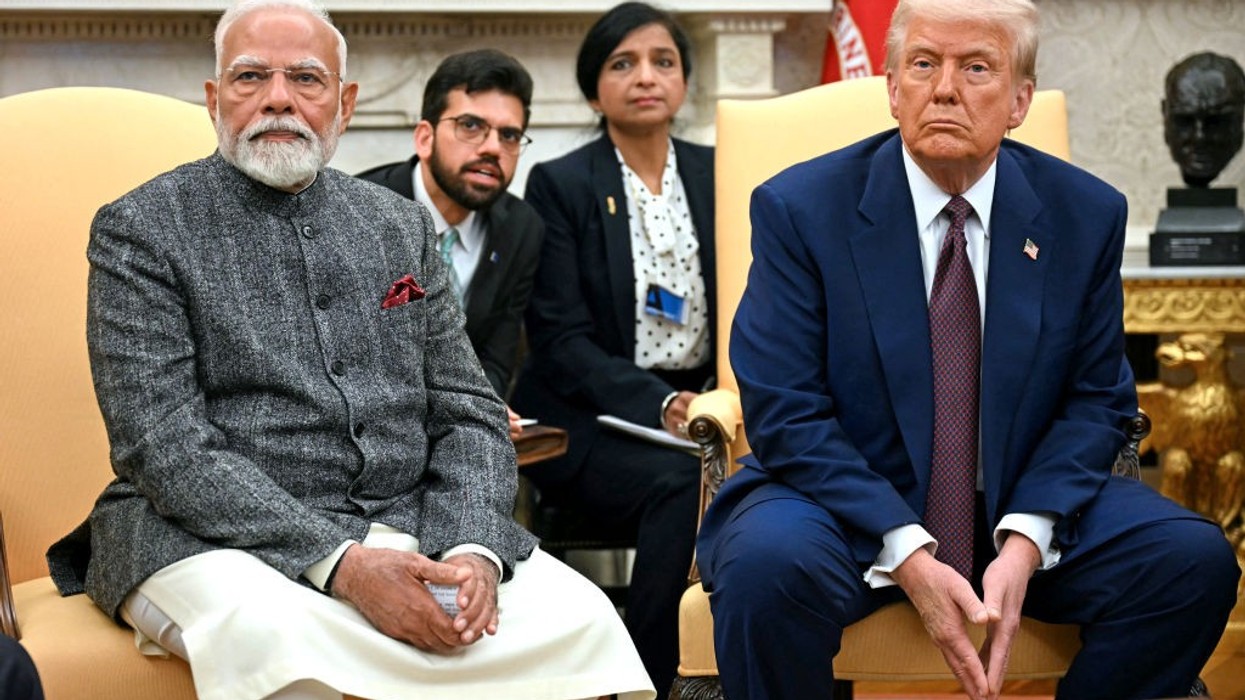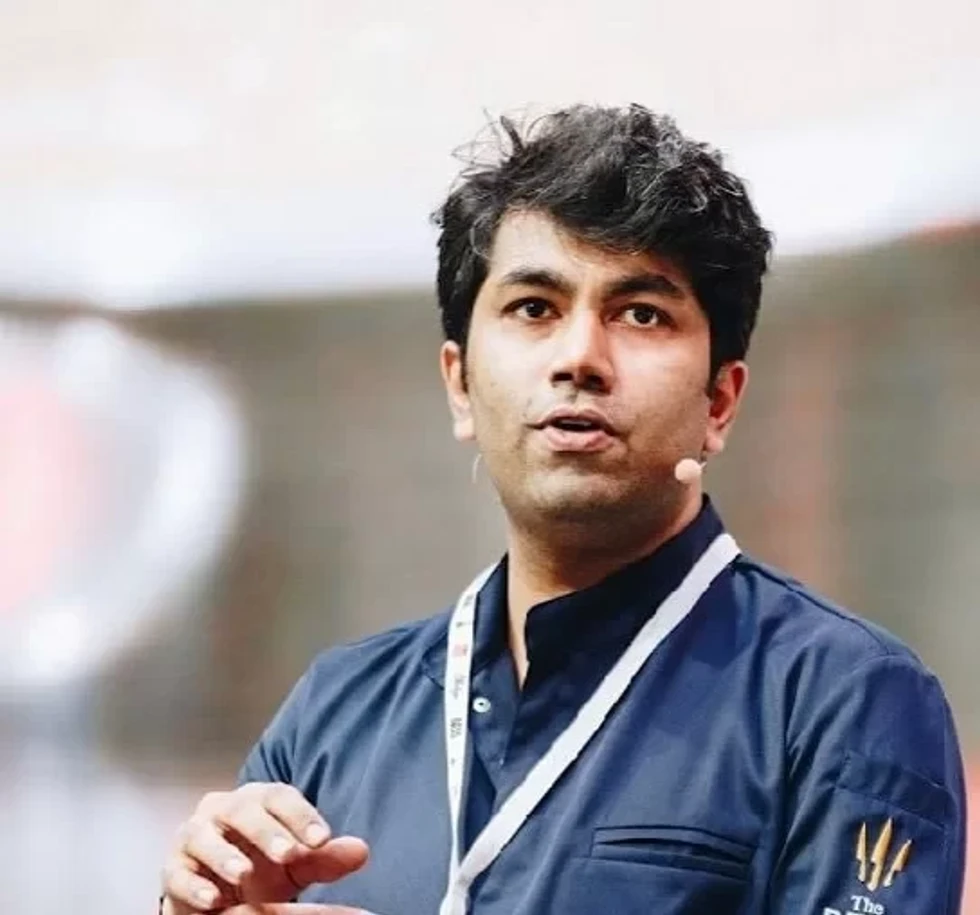While Indians are facing issues with the H-1B visa fee hike, Japan is making strides to bring in more Indian students, positioning itself as a stable, high-quality alternative to Western destinations like the US, UK, Canada and Germany.
The timing is significant because with the US recently hiking H-1B visa fees to $100,000, Japan is presenting itself as an attractive option for those seeking world-class education, career, stability and long-term opportunities.
Japan had just 1600 Indian students in May 2024, which is a fraction compared to the number of students studying in North America. To change this, the Japanese government has stepped up its outreach in India, promoting programs like the prestigious MEXT (Monbukagakusho) scholarship, which fully covers tuition and living costs for international students.
Top institutions such as the University of Tokyo and Kyoto University are the heart of this push. Both have expanded their English-language offerings to ease entry for Indian applicants. Kyoto University, famous for producing 13 Nobel laureates, is now marketing itself as an accessible option for Indian students and engineering.
Breaking myths and addressing concerns
One common misconception among Indian families is that Japanese language skills are essential for both study and daily life. While language can certainly enrich the experience, more universities are offering English-medium programs and providing strong international support. Over the last three years, this has lowered barriers for Indian students considering Japan.
Concerns about safety and natural disasters to persist, but Japanese universities have sought to reassure families by emphasizing strict safety protocols. With crime rates low, many highlight Japan as one of the safest countries for international students. The challenge that remains is the rigid academic structure, which offers less flexibility compared to the more open curricula in the US or Europe.
From education to career stability
The recent hike in H-1B fees has not gone unnoticed by Indian professionals. Japan, meanwhile, is pitching a more structured path from education to employment. Through government-backed bodies like JETRO, Japan is also helping Indian startups and entrepreneurs connect with local partners, offering mentorship and business support to strengthen long-term ties.
While Japan enjoys a global reputation for innovation and academic excellence, it still trails far behind Western destinations in terms of popularity among Indians. But government focus, growing English-language programs, and stronger links between education and career opportunities are gradually reshaping its image.
For Indian students and job-seekers facing rising visa hurdles and costs in the West, Japan’s offer of high-quality education, career security, and a safe environment is becoming harder to ignore. As talent competition intensifies, Japan is quietly emerging as a serious contender in the global race for India’s brightest minds.















